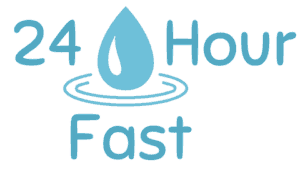I have been experiencing intermittent fasting for a few years now and recently started implementing a 24-hour fast every 3 weeks in my schedule. To experiment whether it brings me any incremental benefit. I became very curious about one of those benefits: autophagy. But what is it exactly? Is it beneficial? And can a 24-hour fast induce autophagy? Let’s dive into this here!

What is autophagy?
Autophagy overview
So what is autophagy exactly? The word comes from Greek and literally means “self-eating”. Surprising, right? It is actually a survival mechanism that takes place at the sub-cellular level. The purpose of autophagy is to recycle damaged or non-functioning elements of a cell to optimize its function. Think of it as a necessary cleaning and recycling process of the structure and composition of your cells.
In our cells, there is an organelle called the lysosome, which acts as garbage disposal. It will digest unused or defective materials through enzymes to “clean” the cell from these constituents. The existence of the lysosome was discovered in the 1950s.
But new research done in the 1960s showed that to digest bigger constituents, like whole organelles, another vesicle was involved in the degradation process: the autophagosome. That is when the term autophagy was used to describe the process. Christian de Duve was awarded the Nobel prize in Medicine for this discovery in 1974.
But at this point, we didn’t understand exactly how autophagy worked, how it was regulated, or what genes were involved in the process. That is what Yoshinori Ohsumi was able to explain in his research. He obtained the Nobel prize in Medicine in 2016 for his work. And that is when a lot more people became interested in autophagy, highlighted by this google trends chart:
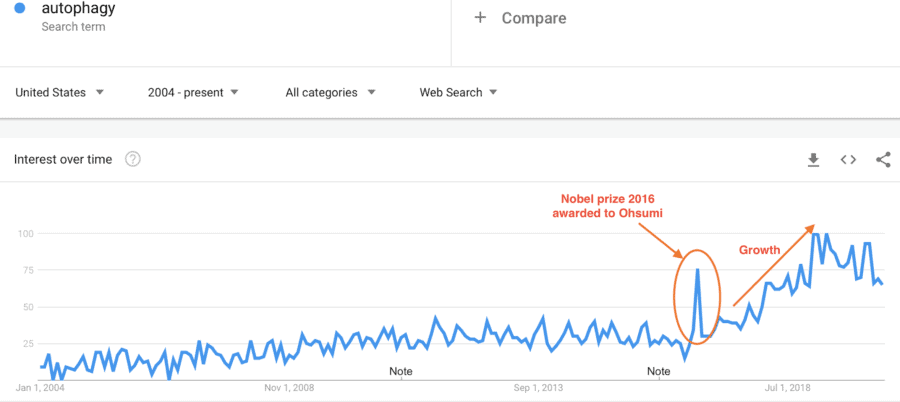
The most important peak in October 2016 happens with the Nobel prize announcement. It led to significant growth in the search term for autophagy since then.
Autophagy roles
According to Yoshinori Ohsumi’s work, autophagy has two major roles.
Nutrient recycling
- This recycling is essential for an organism’s survival under starvation.
- The recycling process creates amino acids and free fatty acids that can be reused for new protein synthesis and energy sources.
- This process is a bulk process, in other words a non-selective degradation.
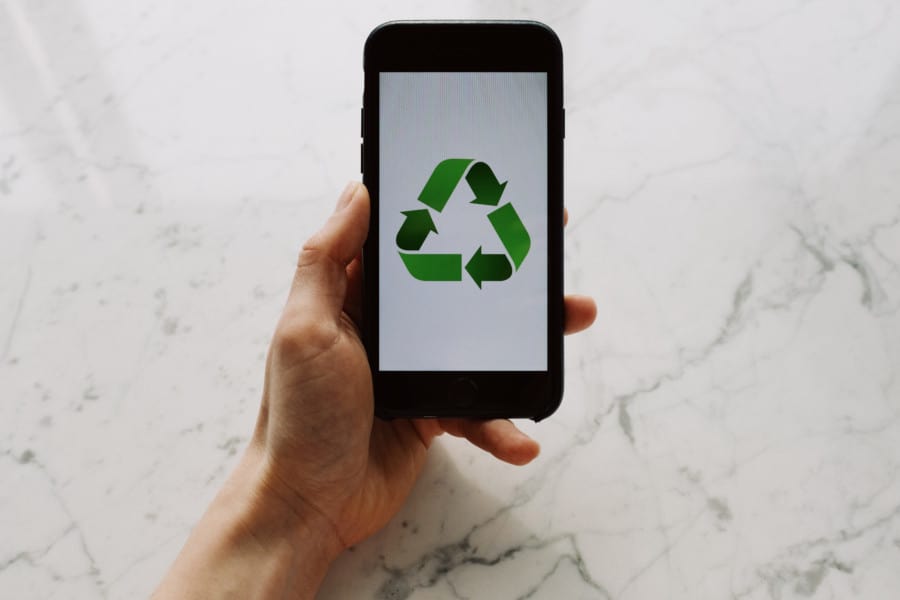
Elimination of harmful materials
- This is a necessary process to clean the cells and their content.
- This can not only degrade cellular constituents that are defective, but also virus particles and invasive bacterias.
- This a selective process, unlike the one described above.
Types of autophagy
There are three main types of autophagy: macroautophagy, microautophagy, and chaperone-mediated autophagy. Each type has its owns specific roles. We won’t go into too many details here, you can find more explanations in this article if you want to learn more.
But it is important to note that macroautophagy is the only one that involved the autophagosome, in addition to the lysosome. The other two types only involve the lysosome.
What are the benefits of autophagy?
Autophagy is an essential sub-cellular process to clean and recycle their defective content. But why is this process so important and does it bring any benefit at a macro level?
Immune system regulation
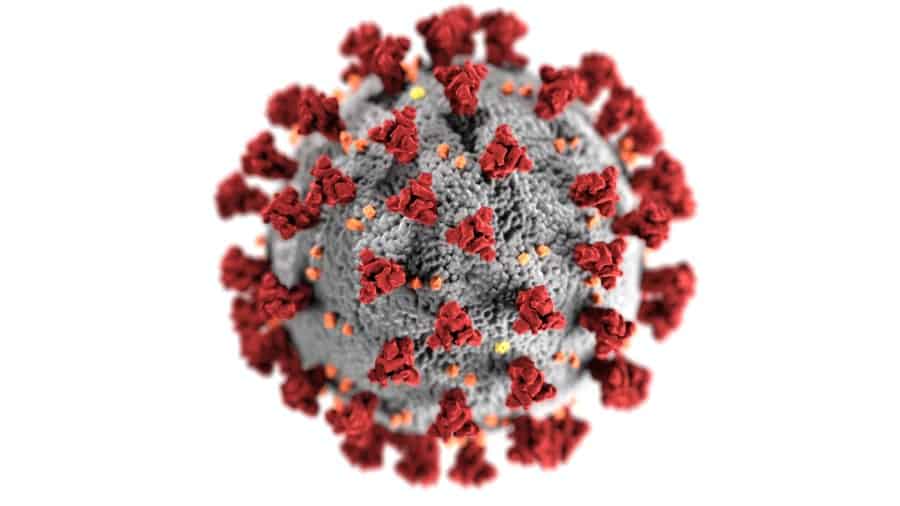
Autophagy is essential for the elimination of invasive bacteria and viruses. There is some evidence that autophagy boosts the immune system through various mechanisms. This study shows that it impacts specific immune cells to fight pathogens, like neutrophils, mast cells, and natural killer cells.
The role of autophagy in infections and inflammatory diseases still requires more investigation and research but it will likely help to find new therapies in the future.
Anti-aging and longevity benefits

The main benefits of autophagy translate into anti-aging principles. By its recycling and regeneration process, it is the body’s way of creating younger cells.
Indeed, aging leads to a gradual decline in cellular repair. It can, on its own, induces accumulation of damaged constituents in the cell and cause the degeneration of organs and tissues. This research highlights the anti-aging mechanism of autophagy.
Autophagy can also induce the upregulation of anti-aging pathways, leading to increased longevity.
Finally, the role of autophagy in DNA repair pathways is essential as it can cause, if not fixed, premature aging and diseases by becoming dysfunctional.
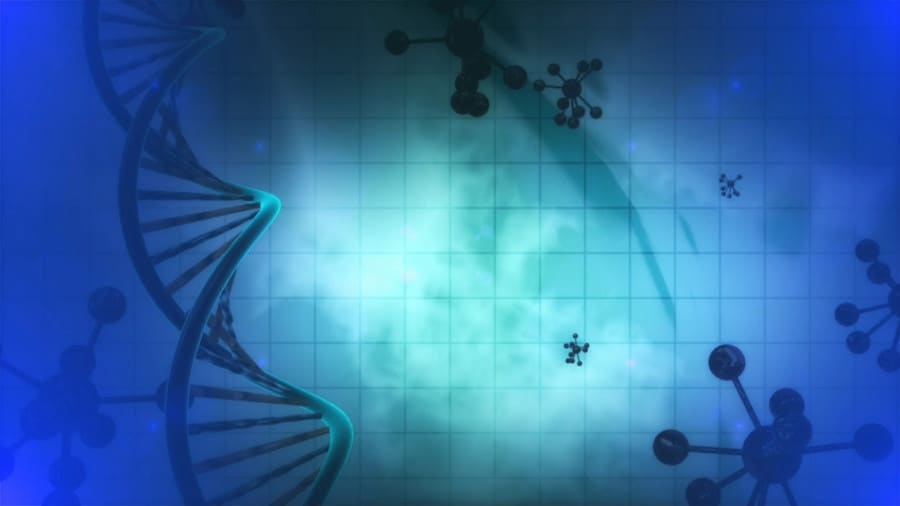
Diseases prevention
Autophagy and cancer
Autophagy received a lot of attention regarding its role in cancer prevention. It is critical to maintaining cellular and genomic integrity. Disruption and dysfunction in this process can contribute to malignant disease.
But in neoplastic cells, autophagy can actually be protective of those cells, hence favoring tumor progression.
As we see, the autophagy process is closely related to cancer. On one hand, it has a preventive function with an optimal anticancer immunosurveillance in the body. But on the other hand, it can also contribute to the disease by protecting malignant cells.
That is why targeting autophagy in cancer treatment is intensively studied and will hopefully have positive therapeutic implications.
Autophagy and degenerative disease
Degenerative diseases involve the accumulation of abnormal proteins. Those, also called amyloid deposits, are seen in the brains of people suffering not only for Alzheimer’s but also from Parkinson’s disease.
Autophagy, if functioning properly, has the ability to prevent this accumulation by clearing out old or misfolded proteins. This highlights the importance of the process in the prevention of degenerative disease.
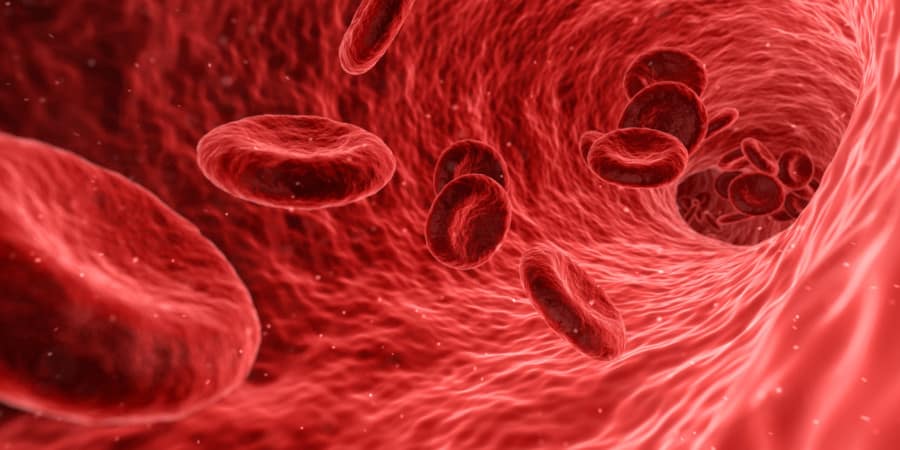
This role is not only important for the brain but also for the heart. Cardiac diseases, especially related to aging, are characterized by an accumulation of misfolded proteins and dysfunctional cellular constituents in the heart. This review discusses how autophagy can play a role in combatting the effects of aging in the heart.
We now understand the essential benefits of autophagy and the significant consequences that defective autophagy can generate. Let’s see how lifestyle can impact autophagy.
What induces autophagy?
First, we have to understand that autophagy is a tissue-specific process. It can happen in the liver for example but not in the muscle at the same time. Technically, autophagy is happening in different tissues at different times and in different proportions for everyone.
It is very hard to measure autophagy as it is a sub-cellular process. Nonetheless, we know that specific behaviors can induce a higher degree of autophagy in the body. Let’s see what those factors are.

1. Fasting
Fasting induces autophagy
This is by far the number one method known to induce autophagy. When the body is not busy digesting food, it can focus on healing and repairing itself. A study related to early time-restricted feeding shows the increase of the biomarkers of one gene involved in autophagy.
Fasting induces autophagy in multiple tissues and organs, in response to food deprivation. And it is very interesting to note that it can also impact the brain, by inducing neuronal autophagy. This is powerful as we saw that the accumulation of dysfunctional proteins in the brain can cause degenerative diseases.
Intermittent fasting and 24-hour fast autophagy
How long do you have to fast to induce autophagy? Well, science doesn’t have a firm answer to that question yet. Because so many factors play a role and it varies from person to person, there is no one single duration that is proven to induce autophagy.
However, Dr. Boz suggests that if you are already adapted to burning fat, you may induce autophagy as soon as 12 hours within your fast. But if your body is used to burn carbohydrates for fuel (standard high carb diet), it could take up to 72 hours.
So in short, it can take you anywhere from 12 to 72 hours to induce autophagy. Not exactly the answer we are all expecting, right? Truth is, we don’t know exactly. But it shows that if your body burns fat efficiently, it will be able to induce a higher degree of autophagy faster. And intermittent fasting can train your body to do so.

It is also thought that, while you might not necessarily be in ‘full autophagy mode’, being into ketosis after 18 to 24 hours of fast most likely cause some degree of autophagy already. An 18/6 intermittent fasting schedule up to 24-hour fast can be powerful to repeatedly enter this state.
And of course, periodic prolonged fasting can generate deeper benefits. But beware not to overdo it. Very few prolonged fasting over the course of a year is usually enough.
2. Ketogenic diet
The ketogenic diet is a high-fat and low-carb diet. It basically turns your body into a fat-burning machine, using fat as energy instead of carbohydrates.
The body will produce small molecules known as ketones, that can be used as fuel by your body. This is similar to the state you enter when you fast, after about 10 to 12 hours. In that sense, you enter ketosis not by fasting, but by controlling the source of energy you eat.
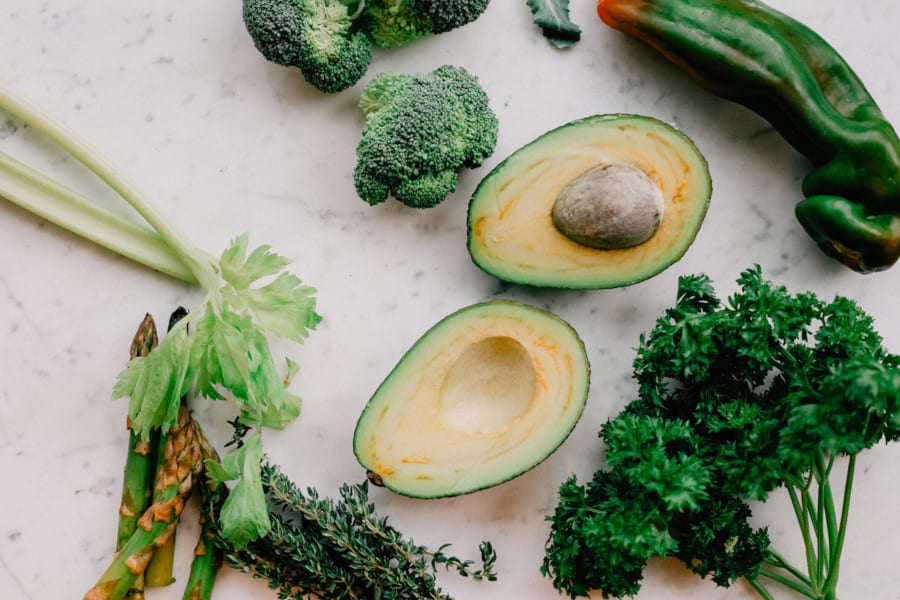
This study shows the link between the ketogenic diet and autophagy, looking at it from the angle of neurological disorder. This diet is nowadays very popular because it has a lot of other benefits. And triggering autophagy is one of them.
Some people combine intermittent fasting with a ketogenic diet. That can indeed be very powerful. But before doing any significant change to your diet, it is important to do your research extensively. Nothing fits everyone. Make sure it is beneficial for you and most importantly sustainable in the long term.
3. Exercise
Exercising creates stress on the body. It is considered ‘healthy’ stress as it leads to a multitude of benefits (lower blood pressure, reducing the risk level of diseases, mental benefits, …).
The oxidative molecules released during a workout can trigger autophagy for an extended period of time, even after the workout has ended.

In this study, the researchers showed that there is a significant relationship between exercise and autophagy regulation in the human skeletal muscle. They concluded that a single exercise session can induce autophagy. But a prolonged training (8-week in the experiment) also increases the capacity for autophagy regulation.
We don’t really have to prove the multiple benefits of exercising anymore. But we know now that it can help to induce a higher level of autophagy in the body, at least for a certain period of time.
4. Sleep
Of course, sleep is in the equation. Having enough qualitative sleep is extremely important for lots of reasons (check out Why We Sleep from Matthew Walker for a great book on sleep), but one of them is its link to autophagy.
Circadian rhythms of autophagy happened in several organs. This study focuses on its impact on the brain. And it shows that sleep fragmentation impacts the circadian rhythm of autophagy in the brain, specifically in the hippocampus.

That should just be another argument to prioritize your sleep, making sure you get enough, in terms of quantity and quality.
5. Food
We already saw that food has a great impact on autophagy, from its macronutrient content (ketogenic diet) and its timing (intermittent fasting). But is there is any specific food that has the potential to impact autophagy?
Coffee is usually the first to come to mind. Several studies showed that coffee can indeed trigger autophagy. There is a discussion about whether it is due to the caffeine itself or the polyphenols contained in coffee. This research actually showed that both natural and decaffeinated coffee trigger an increase.
There is no evidence that the same impact would be valid for humans, so we can only state that hypothesis at this point.

Curcumin is one natural compound that could potentially induce autophagy. Vitamin C has been studied as well and shown some autophagy activation effects. However, it is worth noting that those studies are done at the cellular level and/or for specific therapies. There is no evidence that those would have an impact as part of a regular diet.
What breaks autophagy?
There is one huge behavior that turns off autophagy. It is pretty simple: eating. More specifically glucose and the resulted increase in insulin.
That is why a balance between eating and fasting is important. In order to give your body the nutrients and vitamins it needs, but also to leave it time to repair and heal.
Whether you are following a ketogenic diet or not, trying to limit the amount of sugar and carbohydrates eaten can be beneficial as well. Not necessarily going to an extreme low-carb diet, depending on your situation, but being aware of what you eat and how to optimize it for your well-being.

Conclusion
We will continue to learn more about autophagy in the future as more research comes out. At this point, while we understand better the sub-cellular and genetic mechanisms that regulate it, there is still a lot to learn about how lifestyle and behavioral changes affect it.
We do know that fasting is one of the best ways to induce it. Along with the other factors mentioned above, which should most likely be part of a healthy lifestyle anyway, like exercising and focusing on sleep quality.
The information we provide at 24hourfast.com is not intended to replace a consultation with a qualified medical professional. By interacting with this site, you agree to our disclaimer. Read more.
